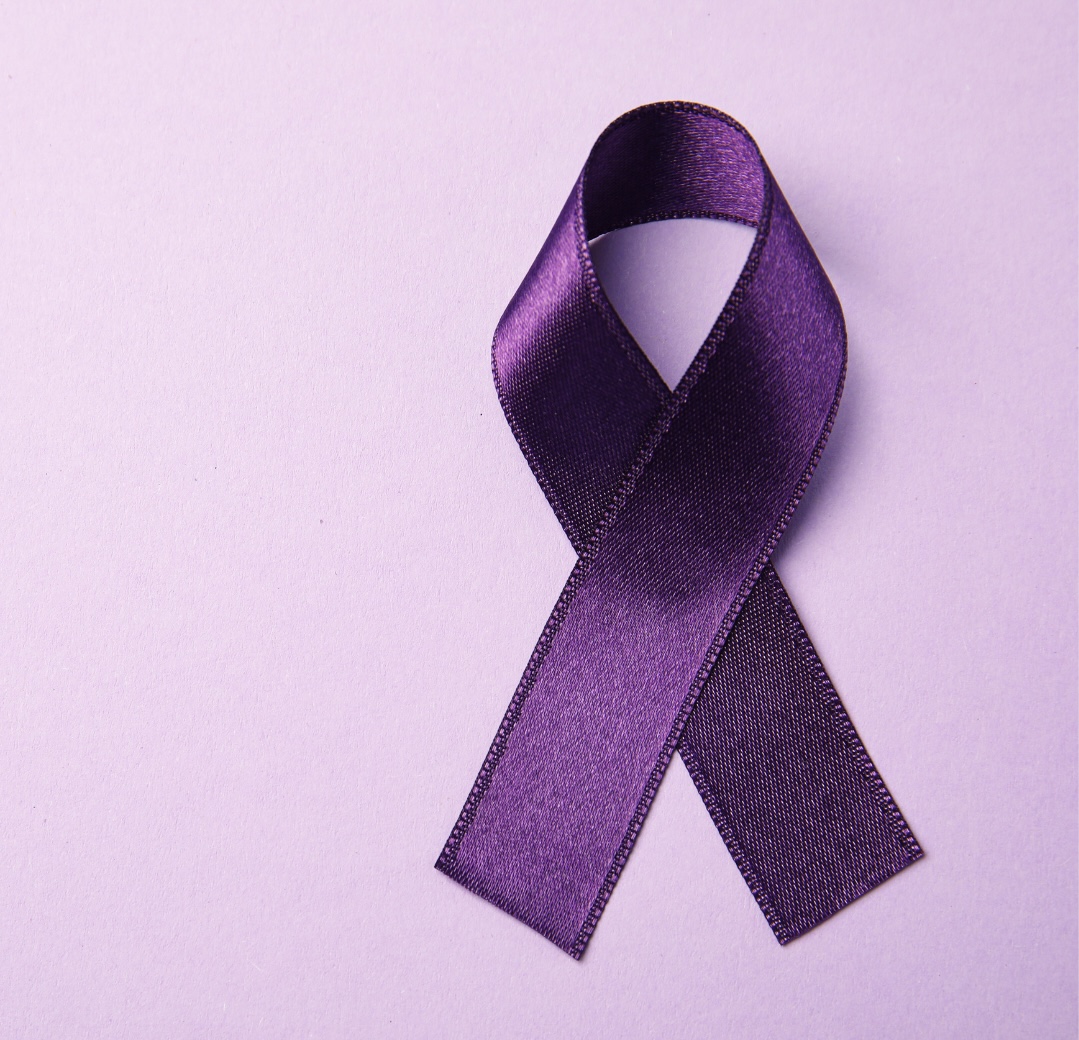
Being a woman should not be a death sentence
I am in mourning for 33-year-old Ugandan Olympian Rebecca Cheptegei. In September, Rebecca’s boyfriend set her on fire after drenching her in gasoline — a vicious act of gender-based domestic violence that would end up killing Rebecca. Violence against women is a global danger and violation of women’s humanity that angers God.
I am in mourning for Rebecca’s mother, who wailed aloud for her daughter at a funeral she never expected to attend while wearing a T-shirt that said, “Being a woman should not be a death sentence.” Jesus is weeping for Rebecca. Jesus is weeping with Rebecca’s mother. Just hours before the vicious attack, Rebecca was at church with her two daughters and younger sister. And just days before, she’d filed another complaint with the police against her boyfriend.
I am in mourning for Rebecca’s daughters, Charity and Joy, who now have to grow up in a violent world without the love of their mother. In Kenya, where Rebecca was murdered, one in three girls or women aged 15-49 have experienced physical violence, according to government data from 2022. Will Rebecca’s daughters become a part of this statistic?
The United Nations defines violence against women as “any act of gender-based violence that results in, or is likely to result in, physical, sexual, or psychological harm or suffering to women, including threats of such acts, coercion or arbitrary deprivation of liberty, whether occurring in public or in private life.”
At Rebecca’s funeral in Uganda, amidst thousands of mourners, a public official spoke about culpability and accountability. “We are guilty as [a] government, but also the community is guilty,” said Kipchumba Murkomen, Kenya’s Sports and Youth Affairs Minister. “Let us say the truth. It is not true that we did not know even in the local community that Rebecca was facing family problems.”
In an untitled and undated sermon, the late Rev. Dr. Prathia Hall, a survivor of domestic violence, unapologetically elucidates the dynamics of the often deadly, preventable wickedness:
…we are horrified by its proportions. We have learned that it is not something confined to poor, uneducated people, but that spousal battery and the abuse of children crosses all lives of race and class and creed. Yes, it is even present among religious people. The abusers may be pastors, deacons, judges, doctors, teachers, sanitation workers, or college professors. They are our neighbors, members, and sometimes leaders of our congregations…
How is it that some men believe they have a biblical mandate to rule their homes by any means necessary, including physical violence? To be sure, these attitudes did not develop in a vacuum. We must honestly face the contributing role that much church teaching on domestic violence has played in tolerating and even perpetuating the abuse within families…[i]
Violence does not just happen — it is allowed to happen. It is condoned by culture and sanctioned by society. It is accepted — violence is a fact of life, including domestic violence, which is also referred to as intimate partner violence. And it is embodied — violence is a way of life. When I was a reporter, I visited the home of Merry Jackson, whose daughter Lori was fatally shot by her husband in 2014. I will never forget Merry gazing at a picture of her and her daughter, who was pregnant with twins when they posed for the church portrait. Merry was unable to attend her daughter’s funeral because of the wounds she sustained during her son-in-law’s attack. Lori’s last words were, “Please don’t kill Mommy.” Her memory lives on through the Lori Jackson – Nicolette Elias Domestic Violence Survivor Protection Act.
Some states and countries have laws on the books against domestic and intimate partner violence. On the federal level in the United States, we have the Violence Against Women Act (VAWA). Yet, the persistence of violence against women and girls tells us that laws are not enough. Protection begins with prevention and prevention begins with purposing in our hearts that this persistent wickedness that harms women and girls globally must stop. We must do more than lament, we must act. We must shore up the courage to not look away when our sisters, mothers, aunties, cousins, friends experience domestic violence. We cannot allow the frequency of domestic violence lull us into apathy — frequency ought not to equate to normalcy. Psalm 7:11 (KJV) tells us that God is angry with the wicked every day. Where is our daily outrage for violence against women and girls?
Cole Arthur Riley’s “Black Liturgies” perhaps best puts this into words:
God of the prophets,
We confess that we have demonized anger, confining it to an interior prison instead of granting it time and space to be free, just like any other piece of our selfhood. We have not acted in defense of those who’ve needed it. We have let fear of how we might be perceived keep us from the truth-telling that others are worthy of, that we are worthy of. We have ignored anger in our bodies, disguising it with whichever mask feels good to us. We have valued the comfort of the wounder over the dignity of the wounded. Have mercy on us for all that suppression has stolen from us. Forgive us our emotional numbness, and grant us access to safe rage, collective rage, a rage that liberates. Amen.[iv]
The views expressed are those of the author and not necessarily those of American Baptist Home Mission Societies.
[ii] Pace, Courtney. Freedom Faith: The Womanist Vision of Prathia Hall. Athens, GA: University of Georgia Press, 2019, p. 116.
[iii] Ibid., 117.
[iv] Riley, Cole Arthur. Black Liturgies: Prayers, Poems, and Meditations for Staying Human. New York: Penguin Random House, 2024, p. 115.


